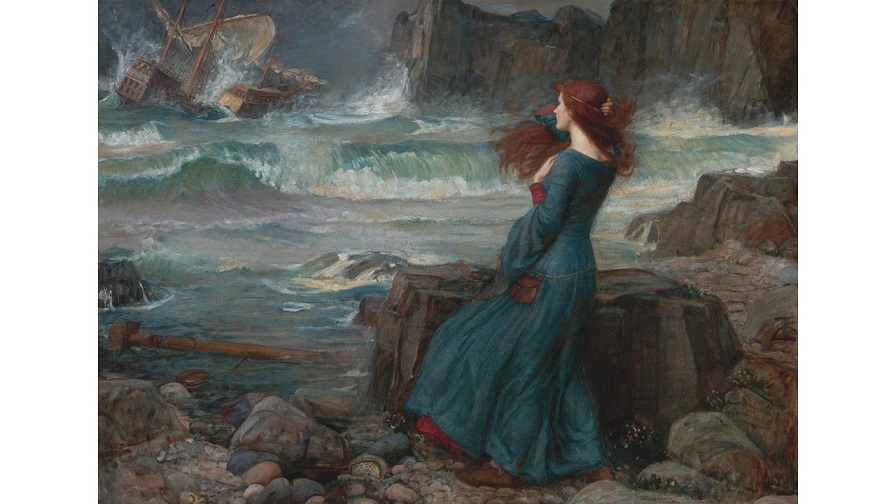.
The Requisite
I may have made a great mistake
In my pursuit of solitude and grace;
Perhaps have stumbled unaware
Into an all-too-human ache
I don’t know I’ve the fortitude to face
Or honesty its source to bare.
The emptying I thought I sought
Has as indeed I’d planned delivered me
To something central, pure and strong,
But unplanned was the sense it brought
Of something emptier, some deeper need
That’s been there all along.
Though opposites may not attract,
Still fullness only knows itself by want,
And thus in some sense they alloy.
So I must not overreact
Or let it my bedeviled spirit daunt
That need’s the requisite of joy.
.
.
Jeffrey Essmann is an essayist and poet living in New York. His poetry has appeared in numerous magazines and literary journals, among them Agape Review, America Magazine, Dappled Things, the St. Austin Review, U.S. Catholic, Grand Little Things, Heart of Flesh Literary Journal, and various venues of the Benedictine monastery with which he is an oblate. He is editor of the Catholic Poetry Room page on the Integrated Catholic Life website.
Discover more from Society of Classical Poets
Subscribe to get the latest posts sent to your email.
















Emptying reveals emptiness, or rather, a perception of emptiness which is in fact need. And thus joy is the filling up of an emptiness in the spirit, rather than anything substantial. Jeffrey, this is a poem that takes some deciphering as well as evaluation. I recall a fashionable meditation practice from my college days, in which the student would try to empty his mind of everything it contained. I don’t remember any promised advantage of accomplishing such a thing, but it was attractive to students overwhelmed with mental content they were unable to absorb fully. I stopped after being warned of psychological dangers in the emptying process–but mainly because my studies required constant effort to fill the mind in such a way that I could recall both information and methods of thought.
That’s just a prelude to saying I understand and enjoy your careful syntax after reading the poem three times. But I’m not convinced about the posited relation of need to joy. I think joy can be a gift from an external source that doesn’t depend on some lack within the person who receives joy. Thus I’m wondering where your point of view in the poem comes from. Personal experience, or it is a philosophy from some spiritual school or master? You do offer a finely crafted path of language here, that inspires my admiration.
Margaret, I can’t thank you enough for your close reading of, and considered commentary on, the poem. This response will be brief, as I’m “at the office” (i.e., working from home), but I’ll try to address the main points. You’re absolutely right: the piece is informed by both philosophical and spiritual principles. Your comments on emptiness reminded me of a fairly endless conversation in college, a back-and-forth about whether “nothing” was “something” (something only a room of Philosophy majors could enjoy.) The strongest argument within all the mental somersaulting was that qualities really only exist by their opposites, or at least their contraries. So, to go back to the joy of the poem and reduce it to happiness, if we were happy all the time, we wouldn’t really be happy at all because we’d have nothing to compare it to, not even the neutral-gear human experience of everyday life. So “need” in the poem is a placeholder for any number of feelings/states of being that would provide the suitable contrast for the experience of joy. The spiritual concept of emptiness–at least as I’m applying it here (and not in the it’ll-help-you-relax sense of your college experience)–draws on both Buddhist and Christian contemplative practices, where the goal of achieving emptiness (rarely reached, btw) is that it actually allows you to tap into The All, Ultimate Fullness, God, Buddha Consciousness, etc., which to some degree brings us back to my senior year philosophy class (and this was Medieval Philosophy; we hadn’t even hit the Existentialist yet…). So, to answer your question, my stance here is both philosophical and personal (I’m a member of a Benedictine monastery, and Benedictinism is founded on contemplative prayer). I hope this helps, and thank you again for your kind consideration of my work.